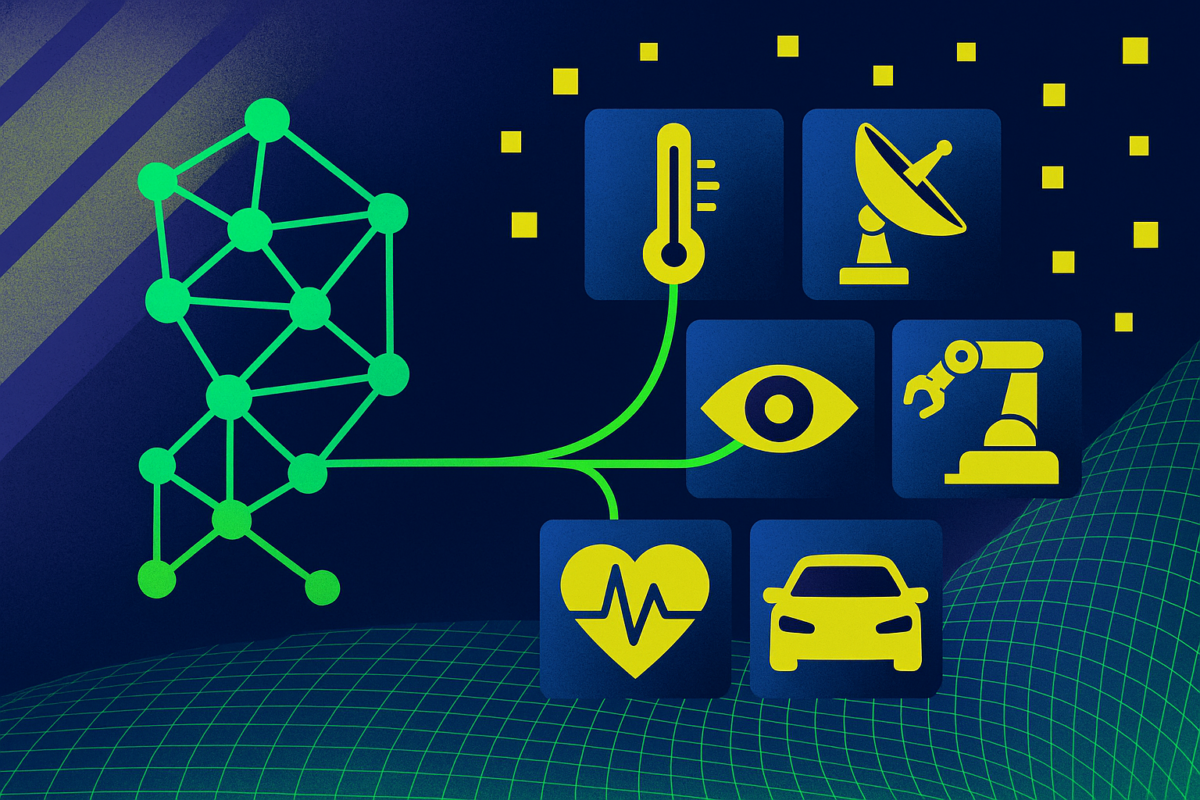Google.org, the philanthropic arm of Google, awarded a $1 million grant to Karya, a non-profit organisation dedicated to connecting low-income communities worldwide with AI-driven learning and earning opportunities. This grant will enable Karya to develop an innovative digital skilling pathway and a multilingual, generative AI-powered chatbot to assist workers with digital tasks.
The initiative aims to empower individuals with limited digital literacy to perform tasks such as annotating data and providing feedback for local language AI models, accessible via smartphones.
Karya’s project, supported by this grant, is part of Google’s broader effort to build an AI-ready workforce in India and globally. Last month, Google launched its AI Skills House initiative at the 10th edition of Google for India, with a goal to empower 10 million Indians with AI training. In addition, Google.org recently announced a $4 million grant to the Central Square Foundation to promote responsible AI awareness across India’s educational ecosystem.
Alex Diaz, Head of AI for Social Good at Google.org, expressed support for Karya’s mission. “At Google.org, we’re committed to seeing the transformative power of technology bring opportunity within everyone’s grasp. We’ve been deeply encouraged to see Karya share this commitment, and are now proud to support its new chapter in nurturing both aptitude and appetite as it uses AI to bring AI opportunities to underserved communities.”
Digital Skilling
Karya plans to utilise the grant to develop a skilling curriculum based on research and practical experience, which will be translated into 10 major Indic languages. This curriculum will serve as the foundation for their digital work platform, which allows users to perform digital tasks using AI. To enhance this platform, Karya will develop a multilingual chatbot powered by generative AI to provide real-time support in multiple languages, expanding access for people across varying levels of digital competence.
The platform and chatbot will initially be tested in Ethiopia, where Karya has already deployed a prototype that helps users create AI tasks in Amharic. Karya’s broader goal is to extend this model to other parts of Africa and eventually scale it globally. The platform and its resources will be freely available to developers, nonprofits, and governments, encouraging further solutions to democratise access to digital work.
Manu Chopra, co-founder and CEO of Karya, highlighted the organisation’s mission: “Our goal at Karya is to lay down an ethical foundation for an AI-enabled future. AI may generate hundreds of billions of dollars in economic value, but the question we ask is—how much of that can we put directly into the hands of people who need it most?”
In an earlier exclusive interview with AIM, Chopra explained how Karya is empowering low-income communities. “It currently takes an average low-income Indian over 7 generations to make $1500 in savings and a Karya worker can make the same amount in less than a year. We think of Karya not as a job, but as societal wealth distribution,” said Chopra.
In the past two years, Karya has provided over 50,000 workers in rural India, 90% of whom are from marginalised communities, with access to high-paying data annotation jobs that have significantly boosted household incomes. Through its new digital skilling pathway and chatbot, Karya aims to expand these opportunities, reaching over 100,000 people by the end of the year.
Karya’s initiative aligns with Google’s broader AI development efforts. Recently, Google’s CEO Sundar Pichai announced the $120 million Global AI Opportunity Fund, aimed at expanding AI education and training in local languages worldwide to support underserved communities. This global initiative, alongside Karya’s work, demonstrates AI’s potential to foster economic growth and inclusive progress across the globe.
A few months ago, Karya partnered with Microsoft Research to conduct evaluation of LLMs. The project involved over 90,000 human evaluations of 30 models in 10 Indian languages.
(Total 8 views)

 5 months ago
39
5 months ago
39


